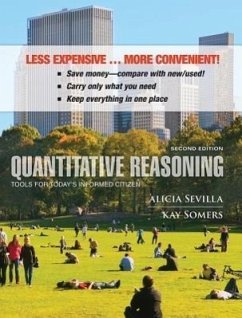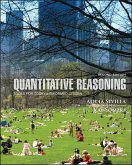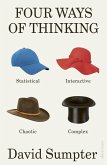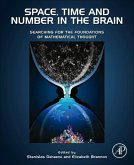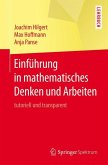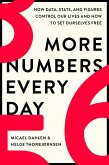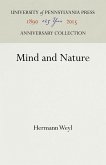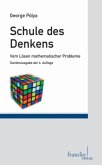This Second Edition of Quantitative Reasoning empowers students to use quantitative information to make responsible financial, environmental, and health-related decisions in their daily lives. Students develop their critical thinking skills through numerous examples, explorations, and activities featuring real data. Students use a variety of analysis throughout the text: inductive and deductive reasoning; tabular, symbolic, verbal, and graphical forms of functions and relations; graphs and pictorial representations of data; interpretations of probabilistic data; surveys and statistical studies. Sevilla and Somer's Quantitative Reasoning, 2nd Edition comes available with WileyPLUS, a research-based, online environment for effective teaching and learning, which takes the guesswork out of studying by providing them with a clear roadmap: what to do, how to do it, and whether they did it right. WileyPLUS sold separately from text.
Hinweis: Dieser Artikel kann nur an eine deutsche Lieferadresse ausgeliefert werden.
Hinweis: Dieser Artikel kann nur an eine deutsche Lieferadresse ausgeliefert werden.

